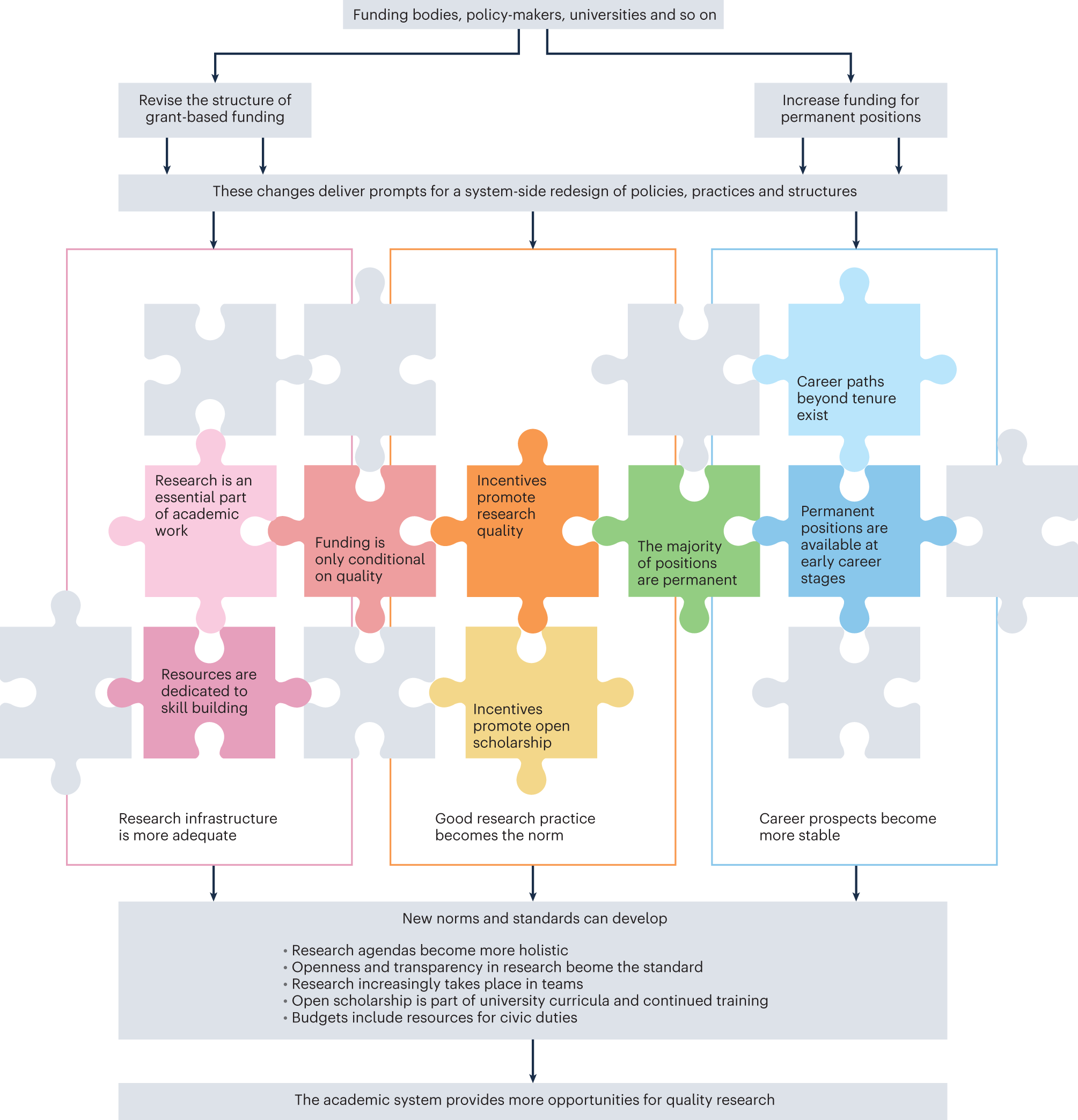Boost Your Learning Journey with Docentra Innovative Study Tools
Boost Your Learning Journey with Docentra Innovative Study Tools
Blog Article
Where to Find High-grade Academic Resources for Your Study
Recognizing high-grade scholastic resources is important for rigorous research, yet navigating the large landscape of available products can be intimidating. University collections offer as indispensable hubs, supplying not just comprehensive collections yet likewise the know-how of specialized librarians. In addition, on the internet academic data sources like JSTOR and PubMed aggregate academic articles, while open accessibility journals offer more comprehensive access to research study findings. The expedition does not quit there; various systems exist that additionally enhance study capabilities. Recognizing how to utilize these sources successfully could dramatically impact your study outcomes. The next steps may surprise you.
College Libraries

Beyond physical collections, university libraries often offer customized study assistance, including examinations with curators who possess subject experience (Docentra). This assistance can substantially boost the performance and effectiveness of the research study process, enabling customers to browse intricate information landscapes with greater ease
Furthermore, lots of collections give accessibility to uncommon and historical products, which can be important for advanced research jobs. Such distinct resources commonly consist of main papers, manuscripts, and historic collections that are not easily available somewhere else.
Moreover, university libraries frequently host workshops and seminars targeted at boosting details proficiency skills. These efforts empower students and faculty to seriously review resources, a vital skill in today's information-rich atmosphere. In general, university collections not just work as repositories of knowledge yet additionally function as dynamic hubs that cultivate scholastic growth and innovation.
Online Academic Data Sources
In the world of academic study, on-line academic databases play a crucial function in offering pupils and scholars with prompt access to a wealth of academic short articles, journals, and various other essential resources. These electronic repositories act as central platforms where customers can effectively look for peer-reviewed literary works across numerous self-controls.
Prominent data sources such as JSTOR, PubMed, and Scopus host extensive collections that cover a plethora of subjects, from the liberal arts to the sciences. Docentra. By using sophisticated search functionalities, scientists can refine their inquiries, filter results by publication day, and accessibility citation devices, thus boosting the research procedure's effectiveness and precision
Furthermore, several databases supply features like signals for new publications and the capacity to save and organize write-ups, even more simplifying the research experience. Memberships to these data sources are frequently supplied via academic organizations, providing students and professor unlimited accessibility to premium material.
Open Gain Access To Journals
Progressively, scientists are transforming to open up accessibility journals as a corresponding source to traditional academic databases. These journals provide an important platform for distributing research study findings without the monetary barriers frequently connected with subscription-based publications. Open access models permit free online access to scholarly short articles, guaranteeing that research is available to a larger audience, consisting of experts, policymakers, and the public.
The high quality of open gain access find out to journals has significantly improved, with several sticking to extensive peer-review processes and being indexed in trusted databases. This change has actually promoted greater openness and partnership in the academic community, as scientists can share their work extra readily and obtain comments from diverse perspectives.
Additionally, the expansion of open access journals straightens with the worldwide movement in the direction of open science, advertising the idea that publicly financed research need to be easily readily available to all. Scientists seeking high-grade academic sources must consider trustworthy open gain access to journals, such as those provided in the Directory site of Open click to investigate Accessibility Journals (DOAJ) or those released by acknowledged academic societies. By integrating open gain access to journals into their research study strategies, scholars can improve the visibility and effect of their job.
ResearchGate and Academia.edu
ResearchGate and Academia.edu have become critical systems for academic networking and expertise sharing, with millions of scientists leveraging these websites to disseminate their job and attach with peers. Both platforms permit users to produce accounts that display their publications, research study passions, and academic accomplishments, promoting greater exposure within the academic area.
ResearchGate, founded in 2008, concentrates on advertising cooperation among researchers with attributes such as research collaboration tools, job sharing, and question-and-answer discussion forums. Users can submit their papers, take part in conversations, and adhere to the job of others, enhancing the collaborative capacity of their research study. The system additionally gives metrics theoretically presence and downloads, allowing researchers to evaluate the effect of their work.
Academia.edu, introduced in 2008 also, operates likewise yet stresses the sharing of scholastic documents. Customers can adhere to details study subjects and obtain updates on brand-new magazines within their locations of rate of interest. Furthermore, Academia.edu uses analytics on visitor interaction, aiding scientists comprehend their audience better.
Both systems act as beneficial here sources for accessing high-grade scholastic web content and promoting connections that can result in impactful collaborations.
Google Scholar and Beyond
Academic networking platforms like ResearchGate and Academia.edu play a substantial duty in sharing research study, however Google Scholar offers a different measurement by offering as an extensive online search engine for scholarly literary works. It indexes a huge variety of sources, including peer-reviewed write-ups, theses, books, seminar process, and patents, making it a very useful tool for researchers throughout disciplines.
Google Scholar gives many attributes that boost study performance. The citation monitoring function allows customers to see just how often a paper has actually been cited, supplying insights right into its influence within the academia. In addition, the "related posts" feature aids scientists uncover comparable researches, helping with a much more comprehensive exploration of a subject.

Final Thought
In conclusion, accessing top notch academic sources is important for extensive research study. College collections offer extensive collections and professional support, while on-line academic data sources such as JSTOR and PubMed systematize academic articles. Utilizing these sources jointly can considerably enhance the top quality and depth of scholastic research.
Report this page